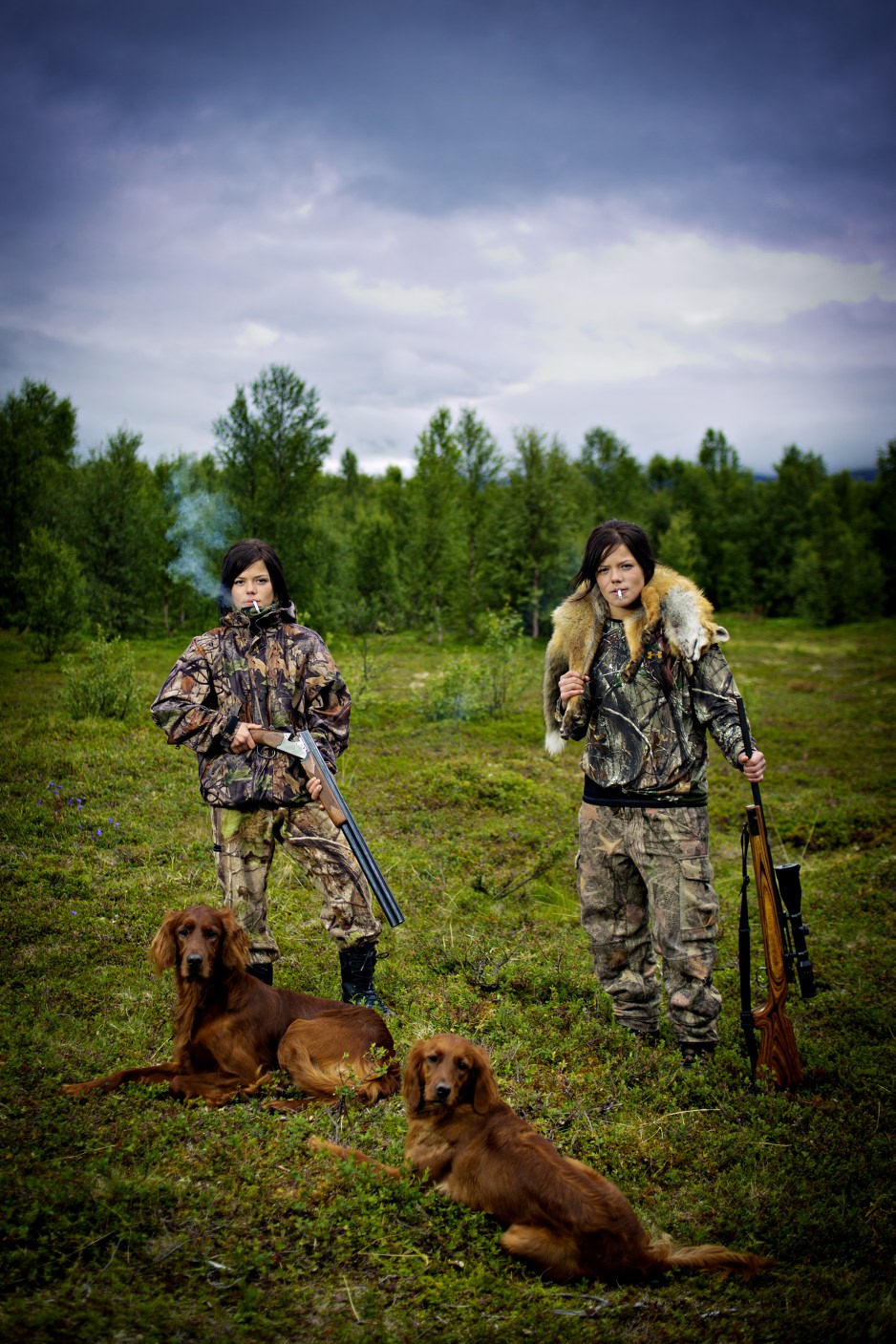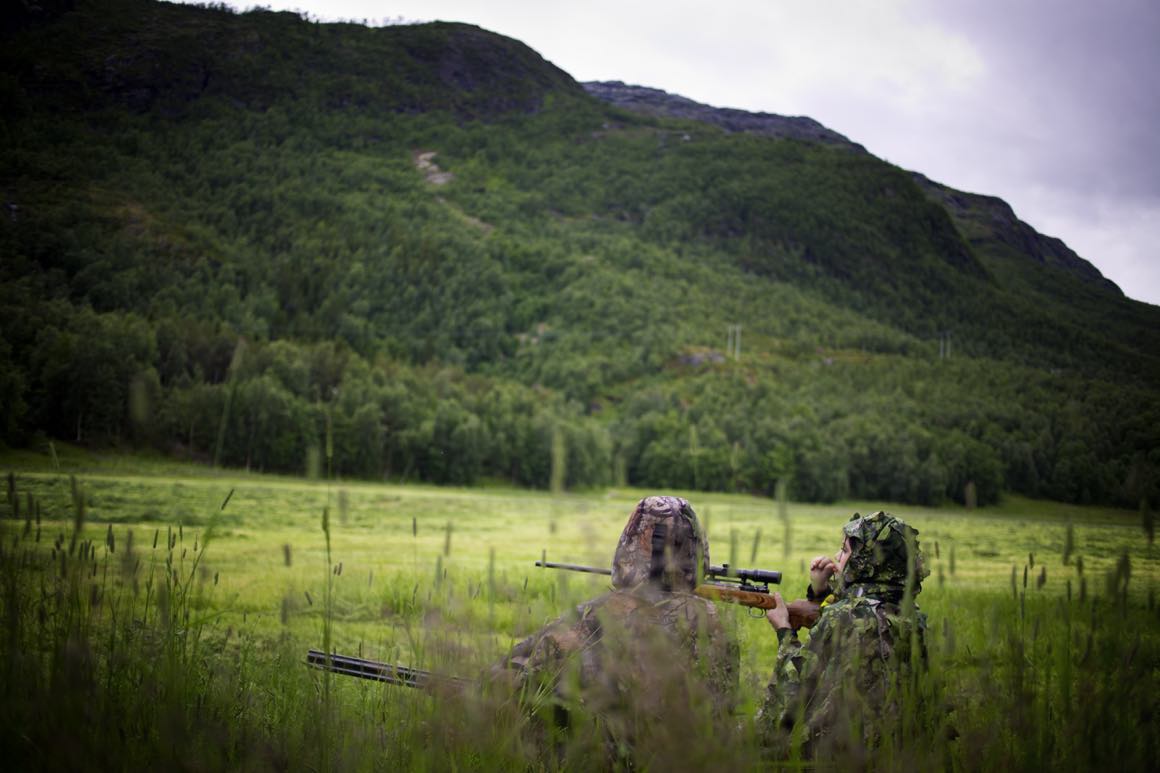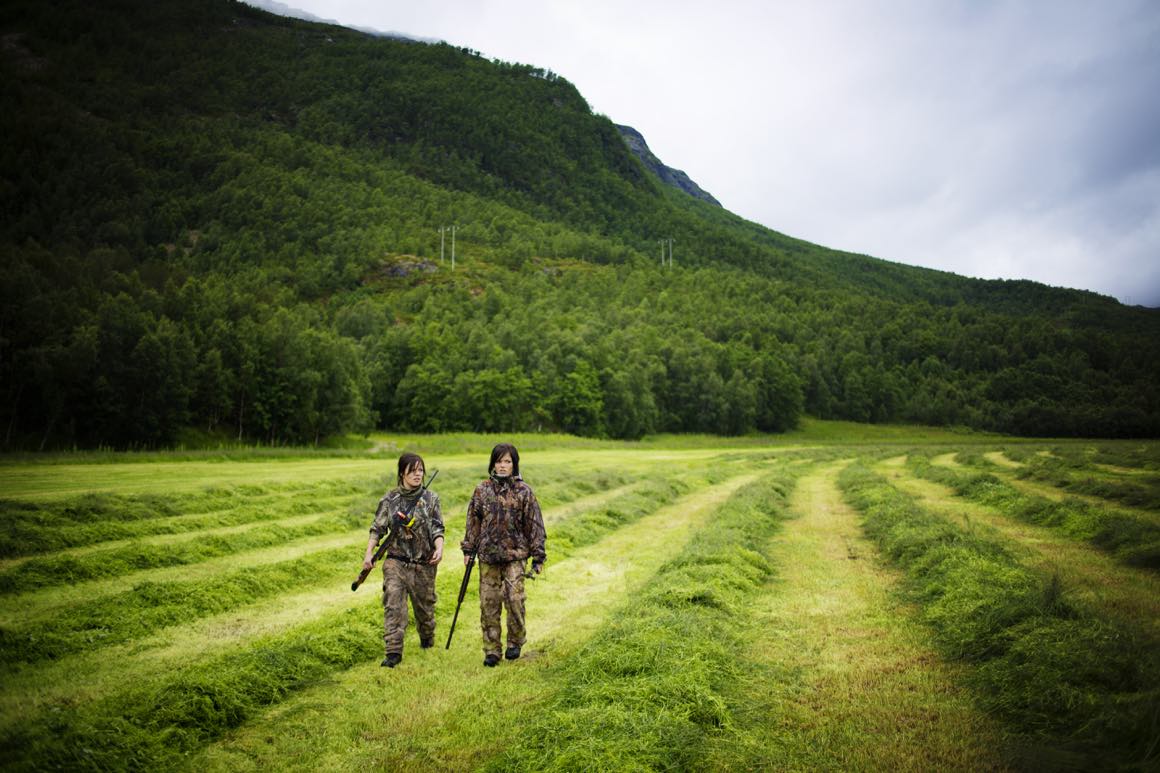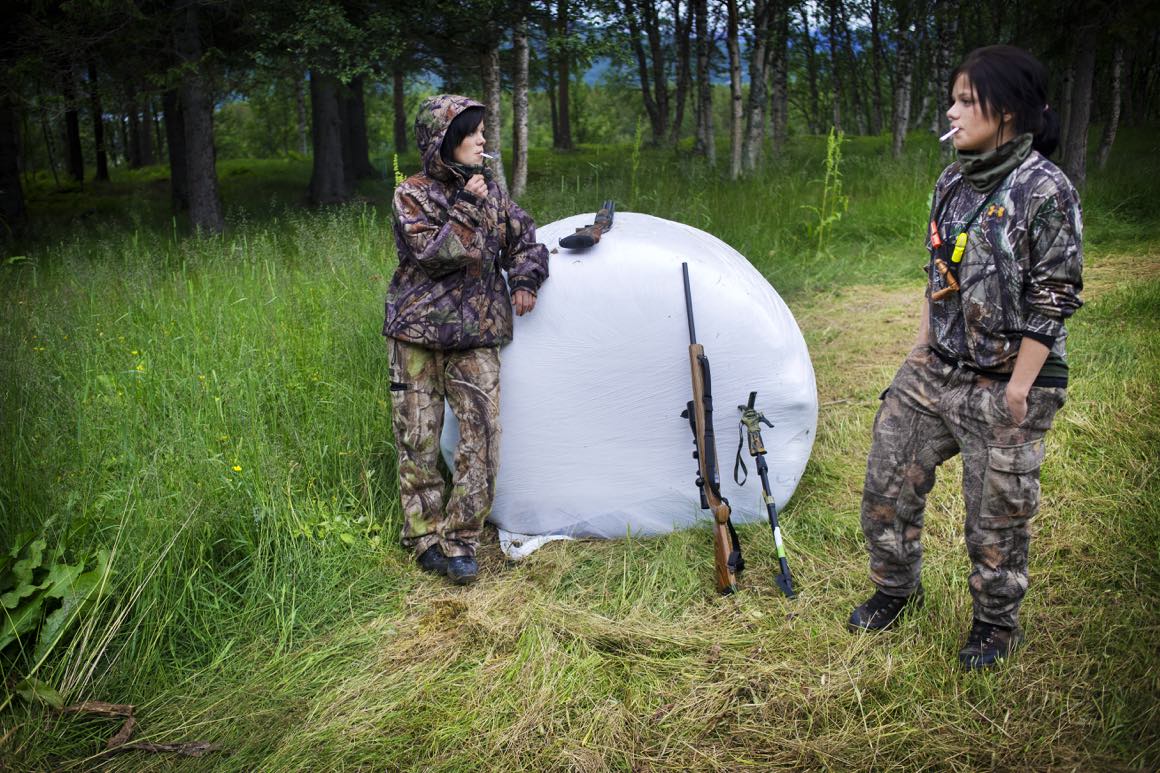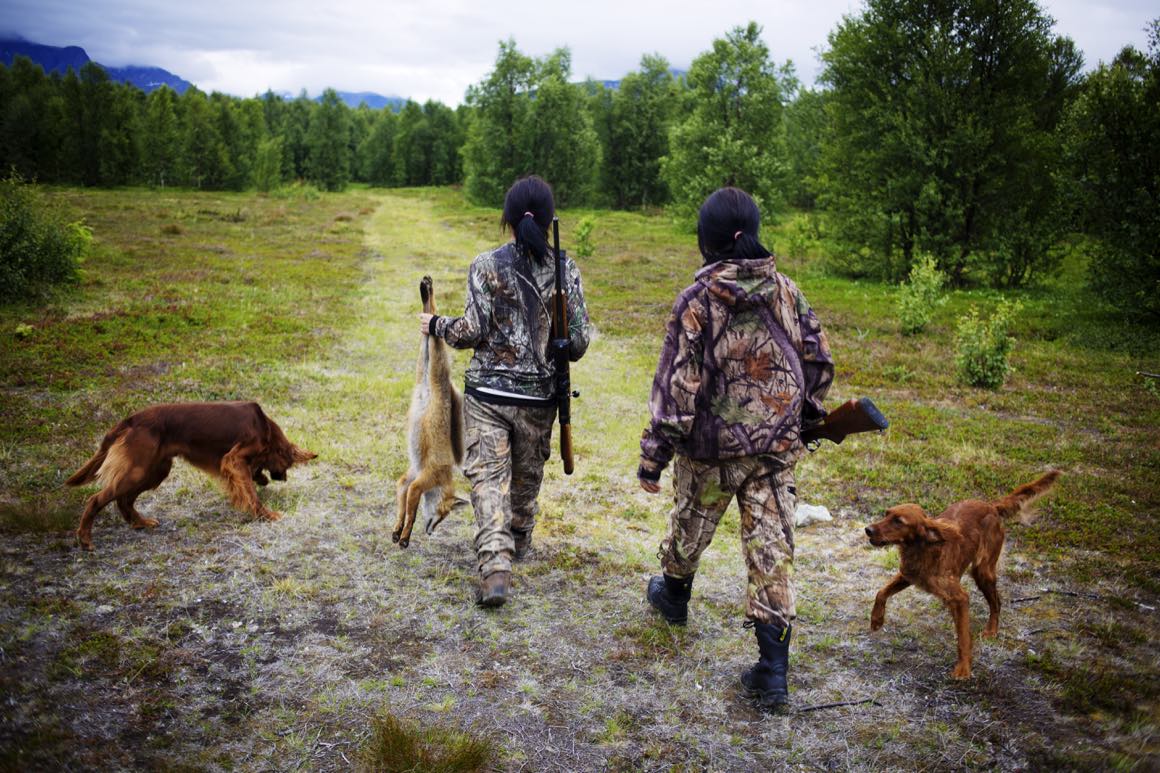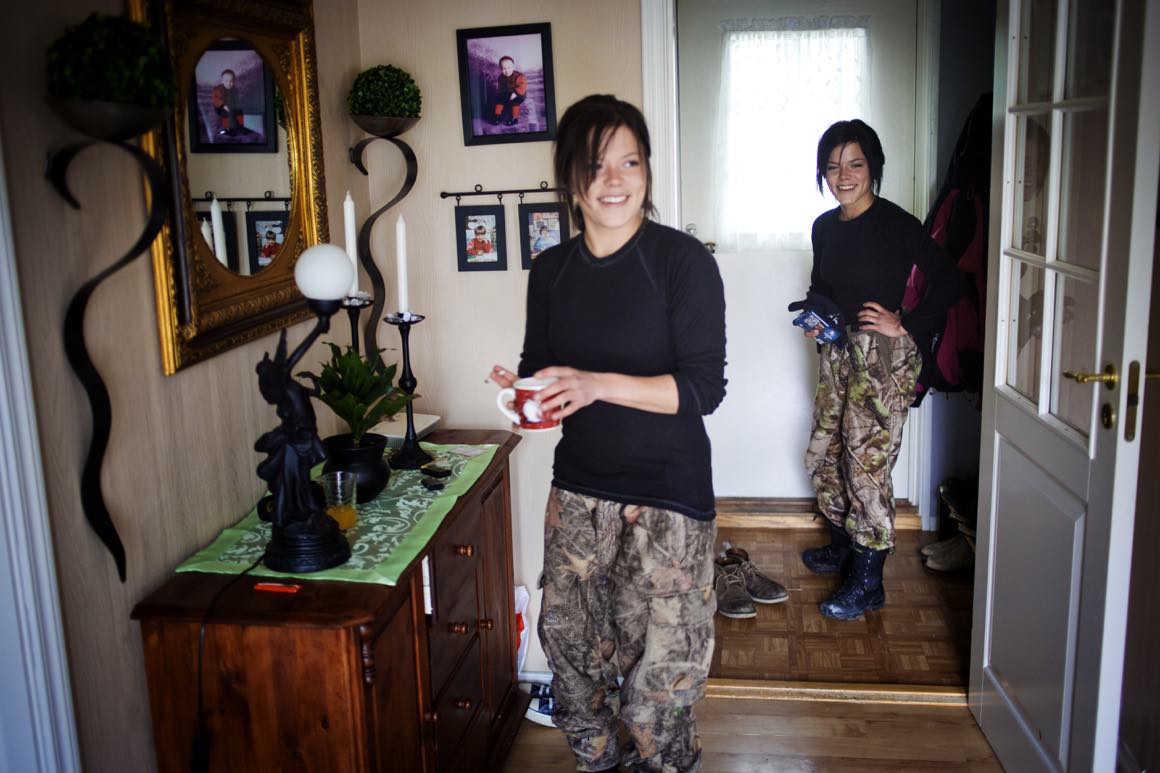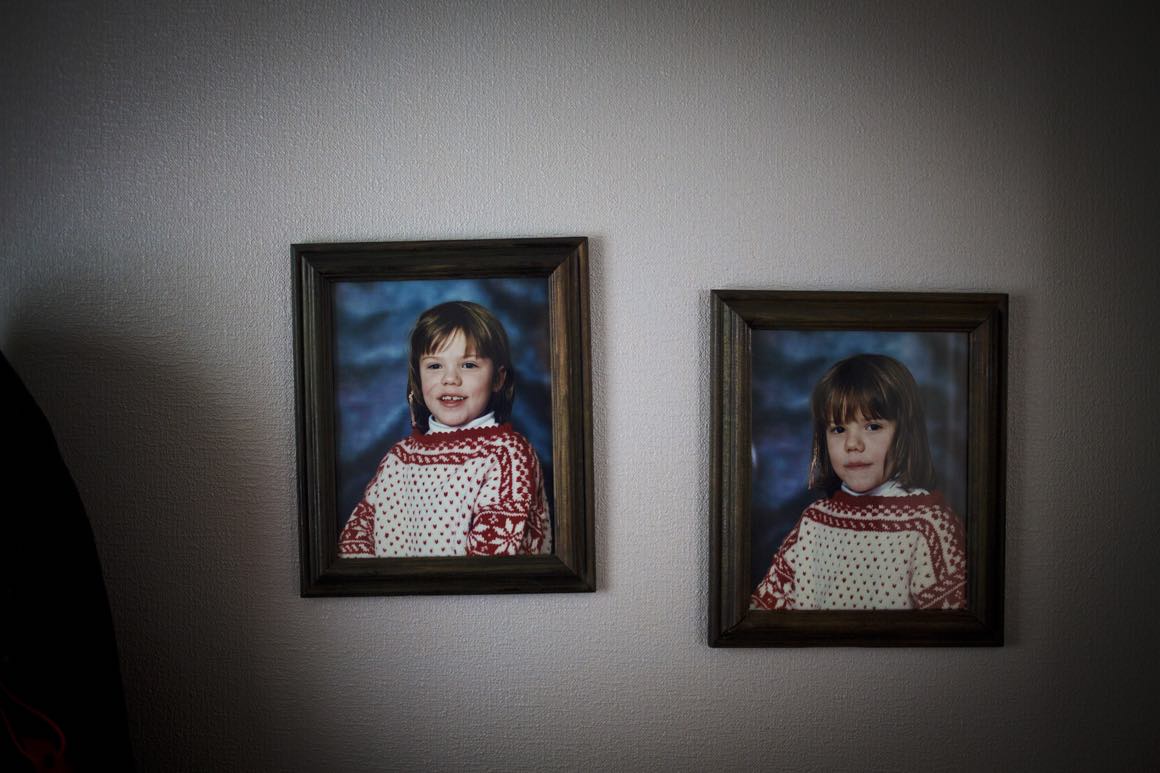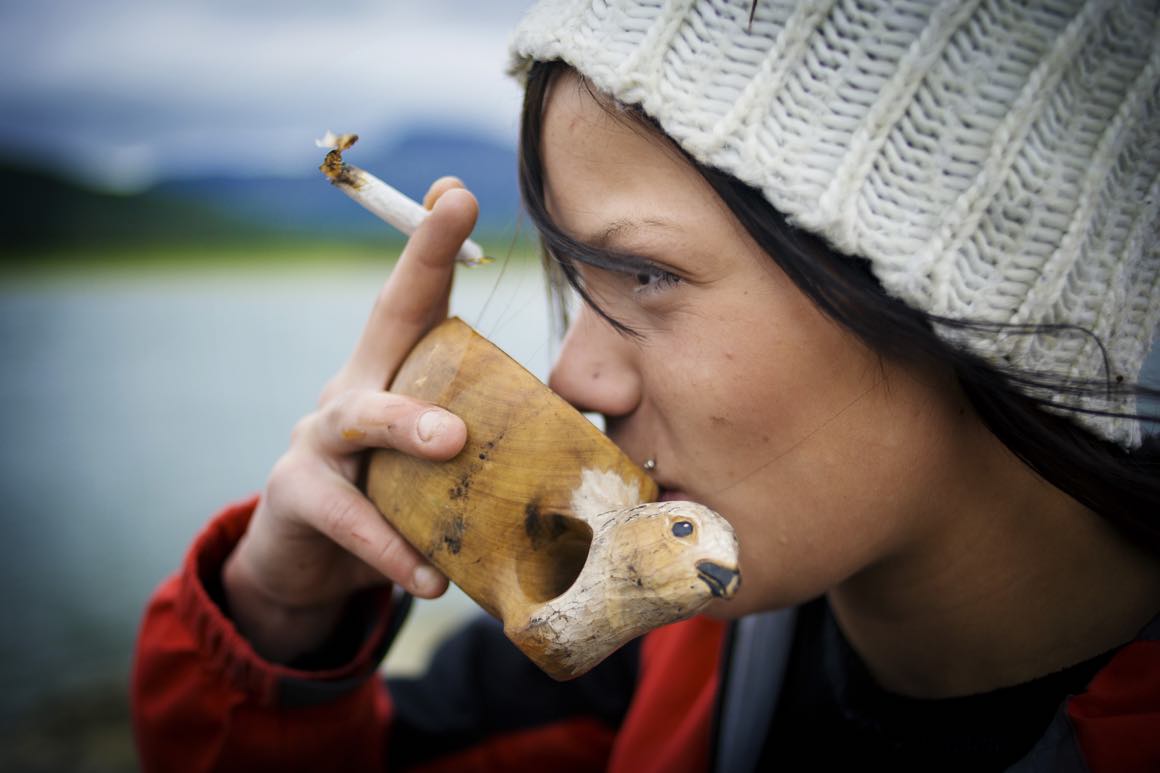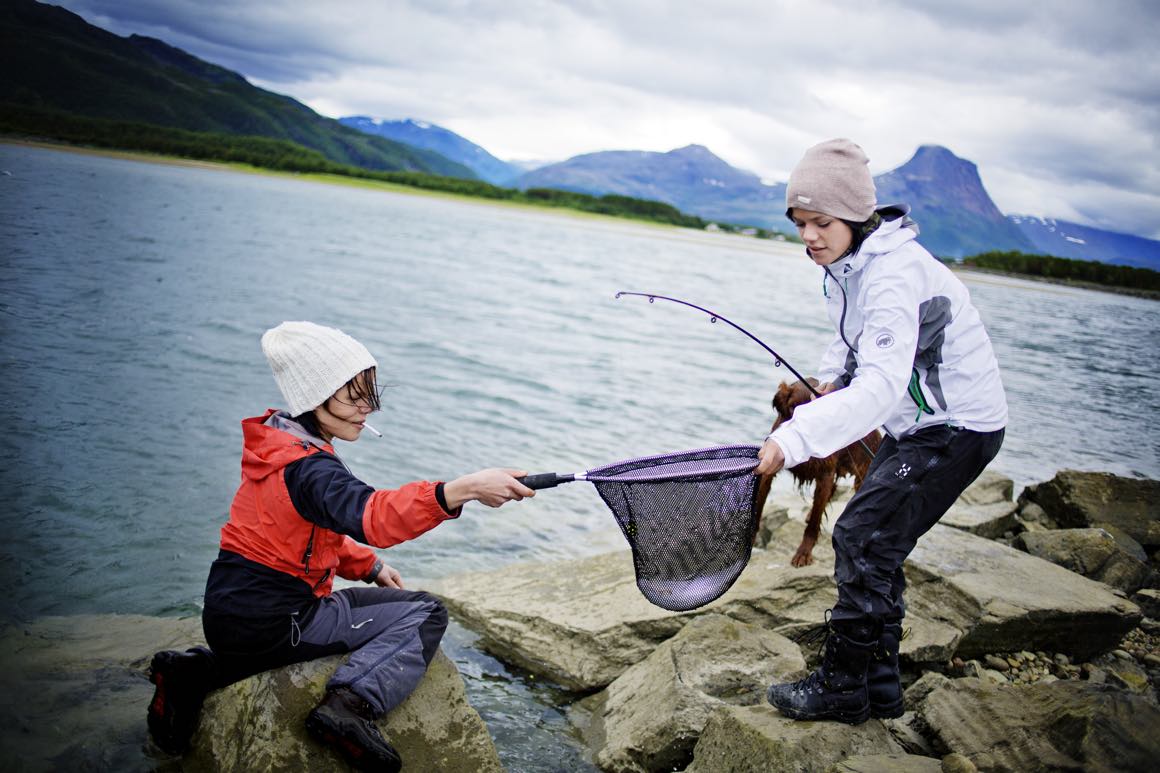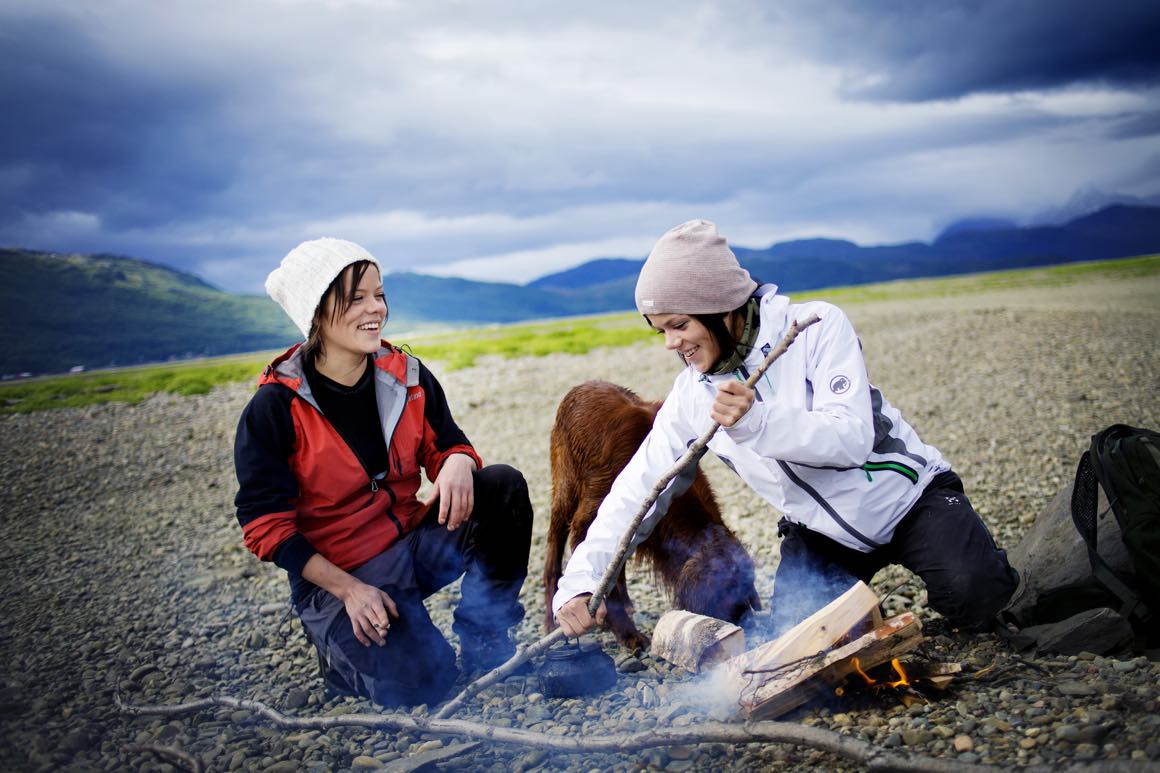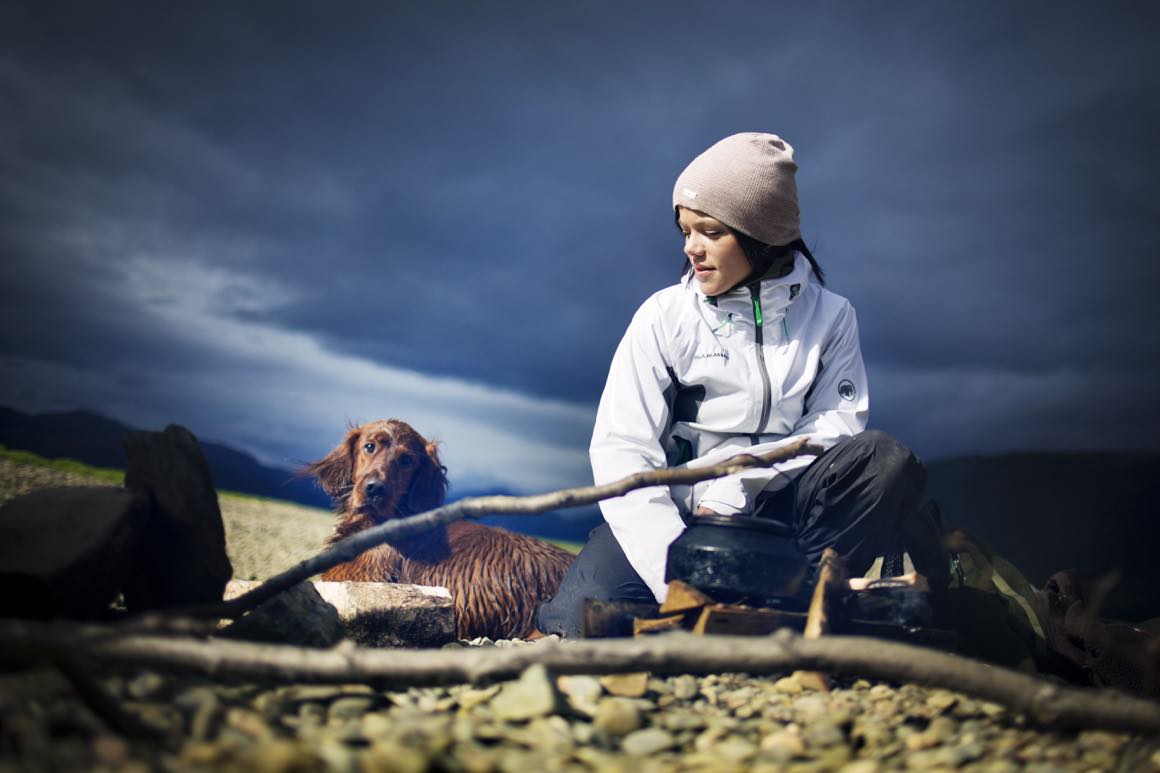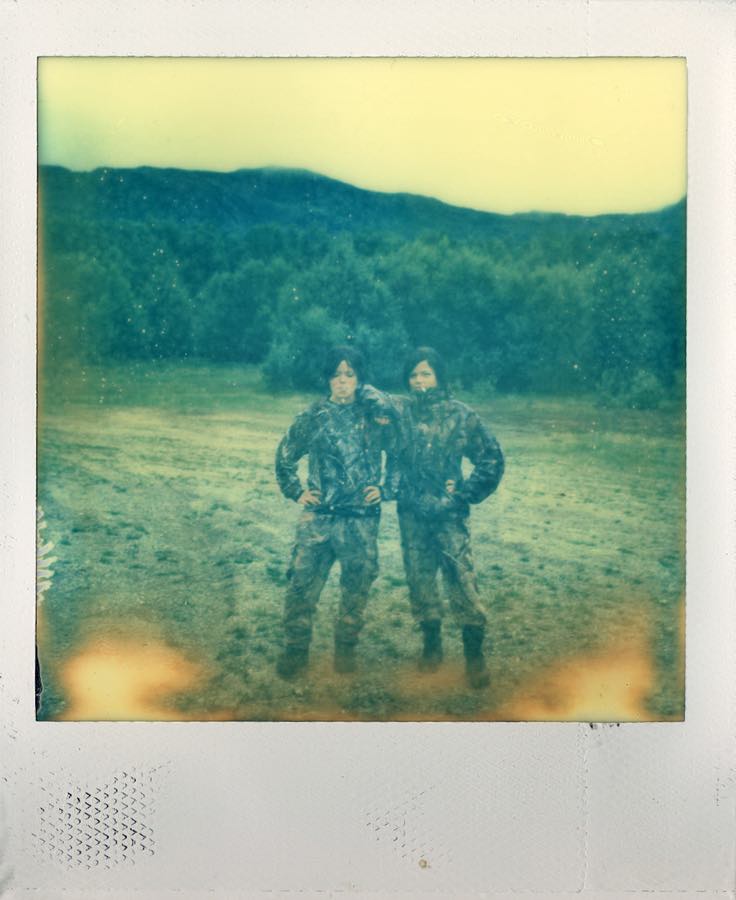“The first toast is for peace,” Vladimir, 28, proclaims as he fills four glasses with homemade vodka.He is sitting with his friends on the airline seats of MH17. These green, pink and red seats were once attached to the Boeing 777 airliner of Malaysia Airlines headed from Amsterdam to Kuala Lumpur. But on 17 July 2014, shortly after 5 p.m. local time, the plane with 298 passengers was shot down over the small village of Grabove.
Seven months have past after Malaysia Airlines MH17 was shot down in Grabovo in Eastern-Ukraine. Together with journalist Per Christian Selmer Andersen, we went back to the village close to the frontline to find out how the situation is there now. We found young men drinking vodka in the airline seats, children who can’t sleep at night and that only 10 percent of the adults are working. This feature have been published in Politiken, Svenska Dagbladet and Bergens Tidende, among others. 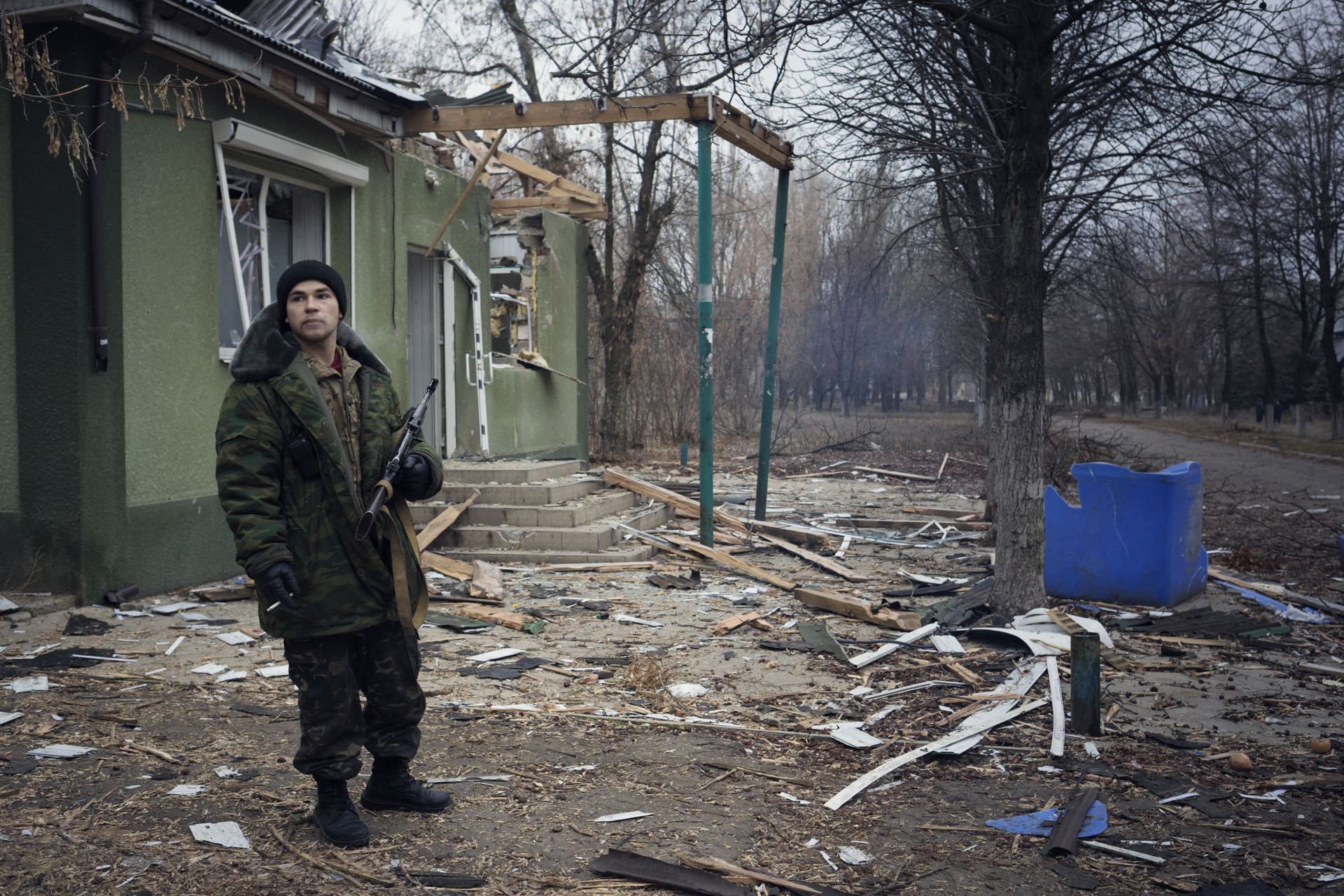
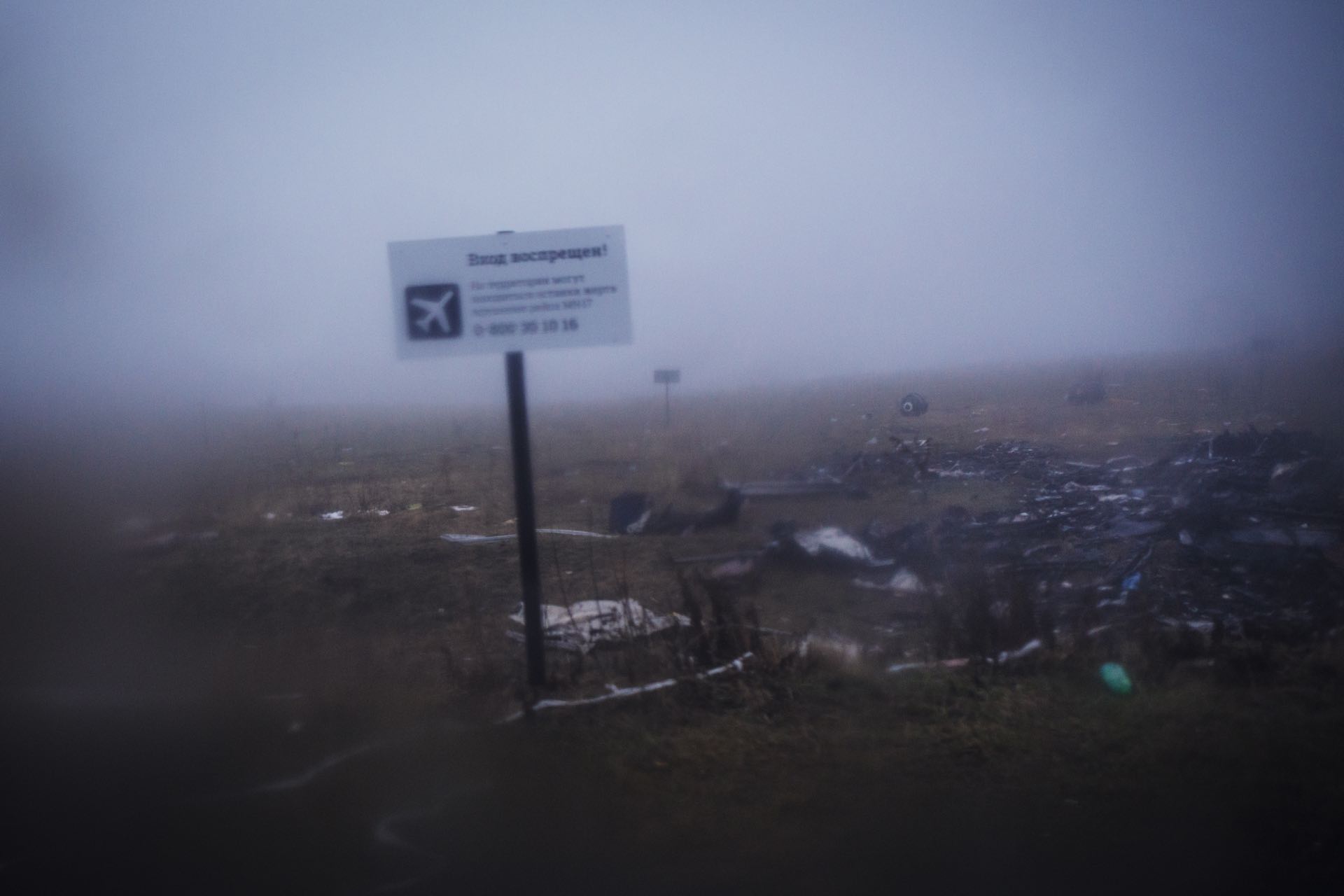
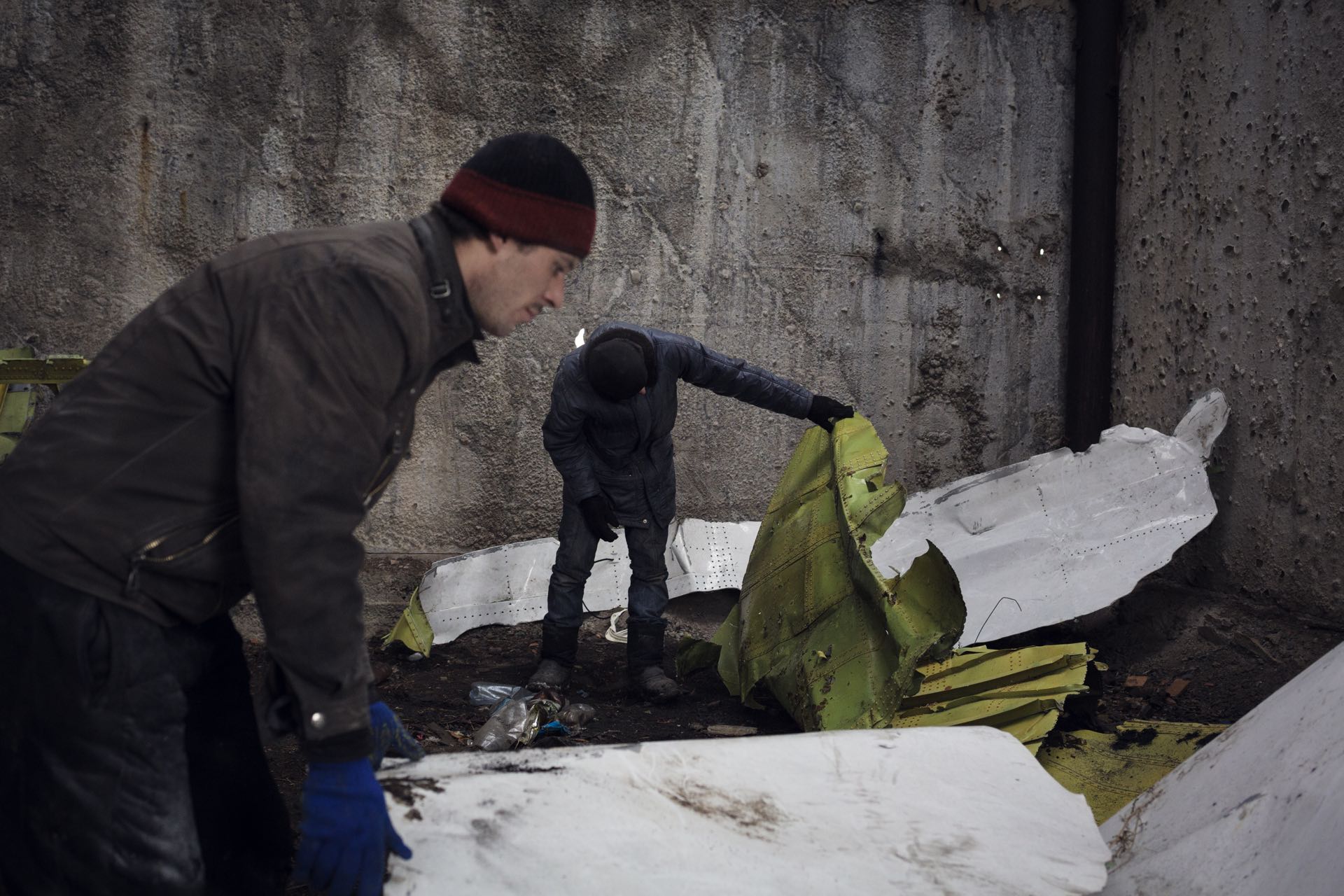
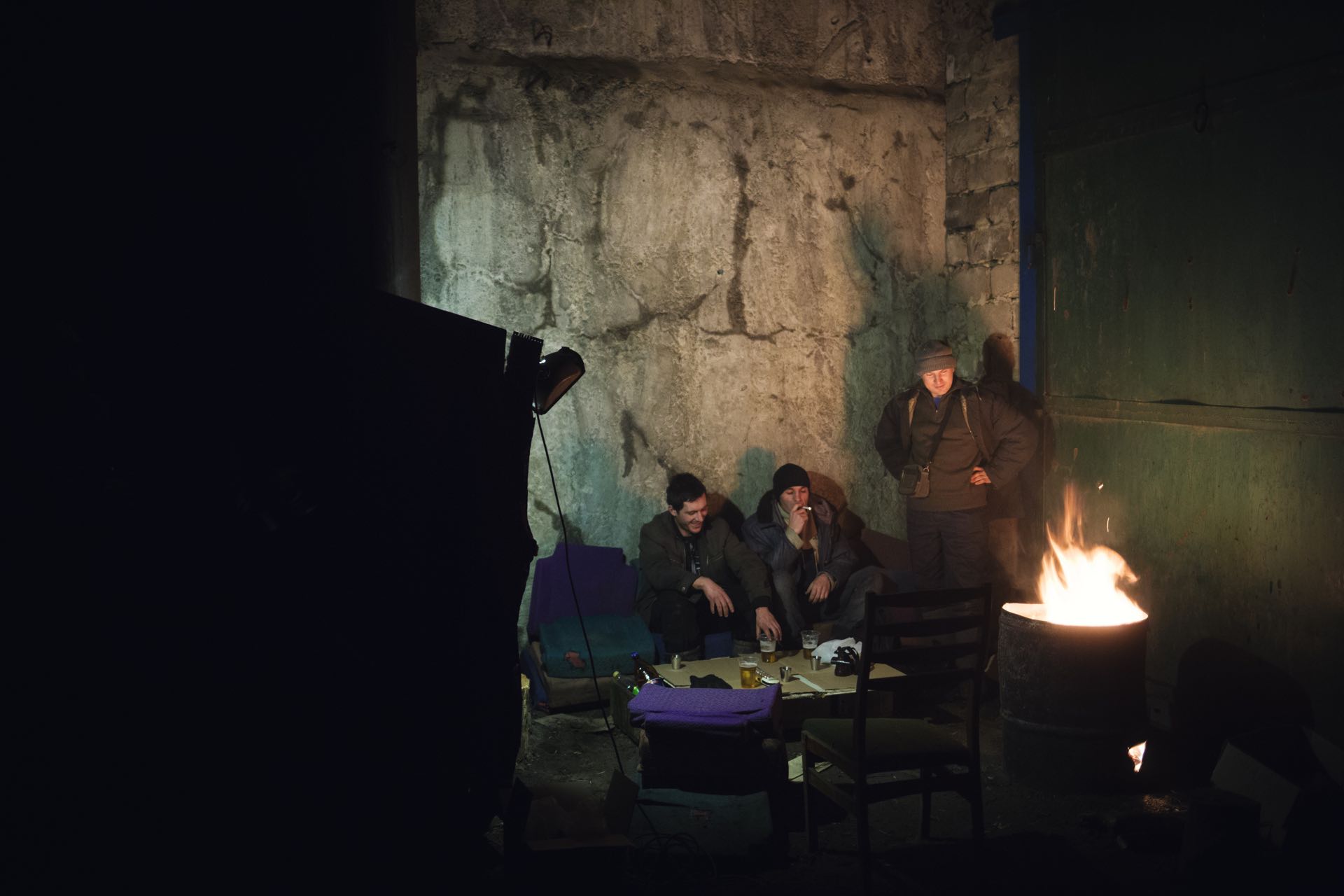
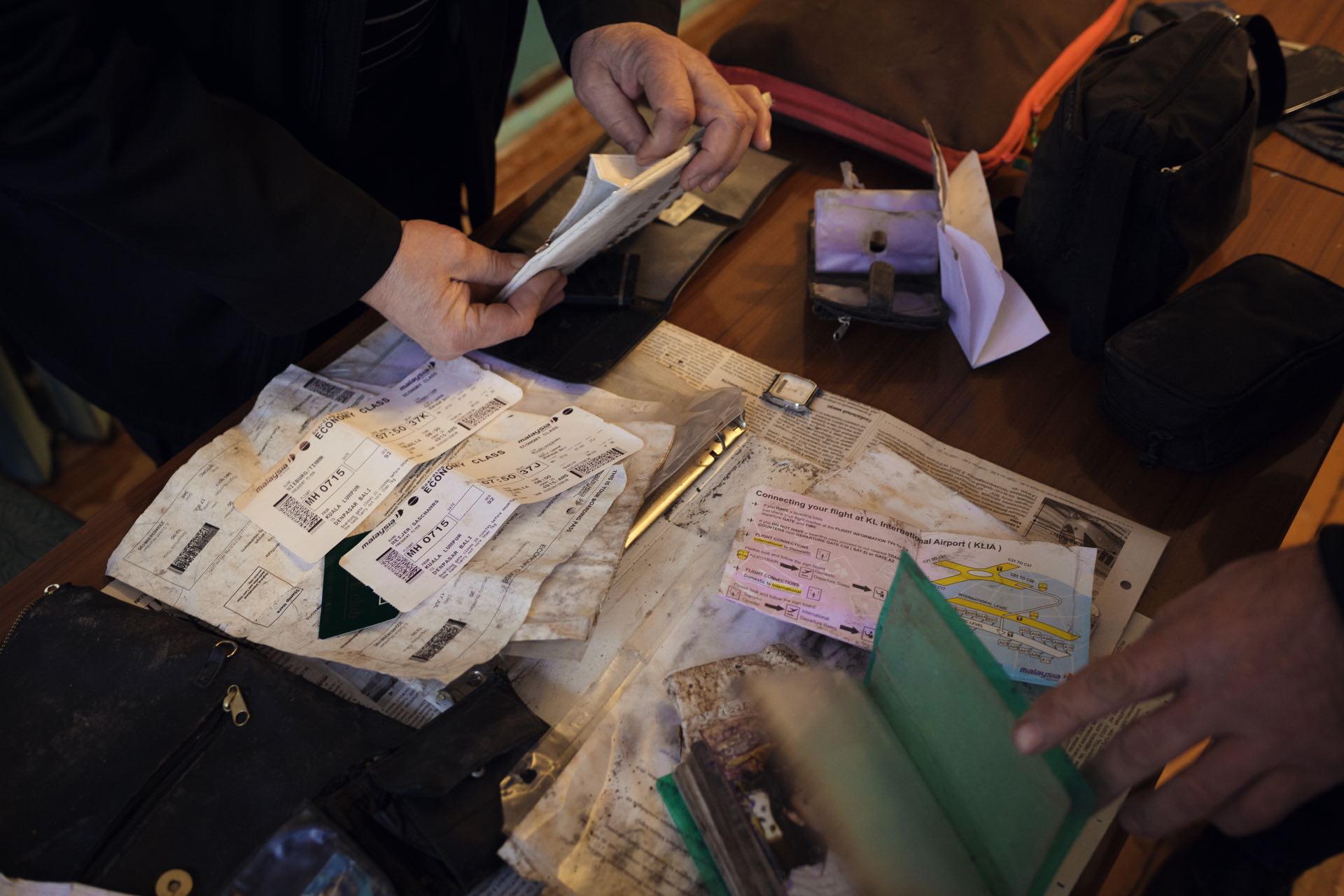
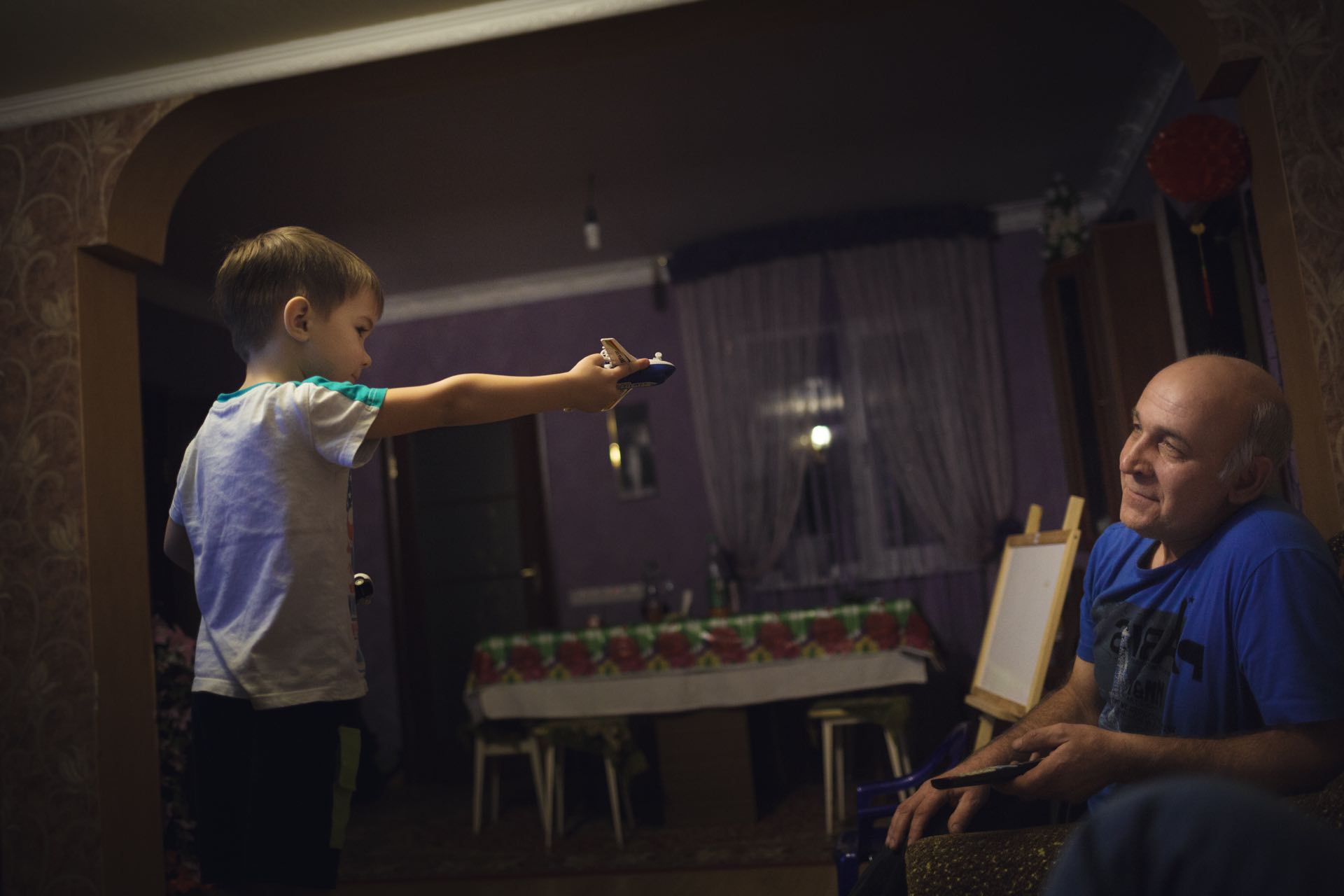
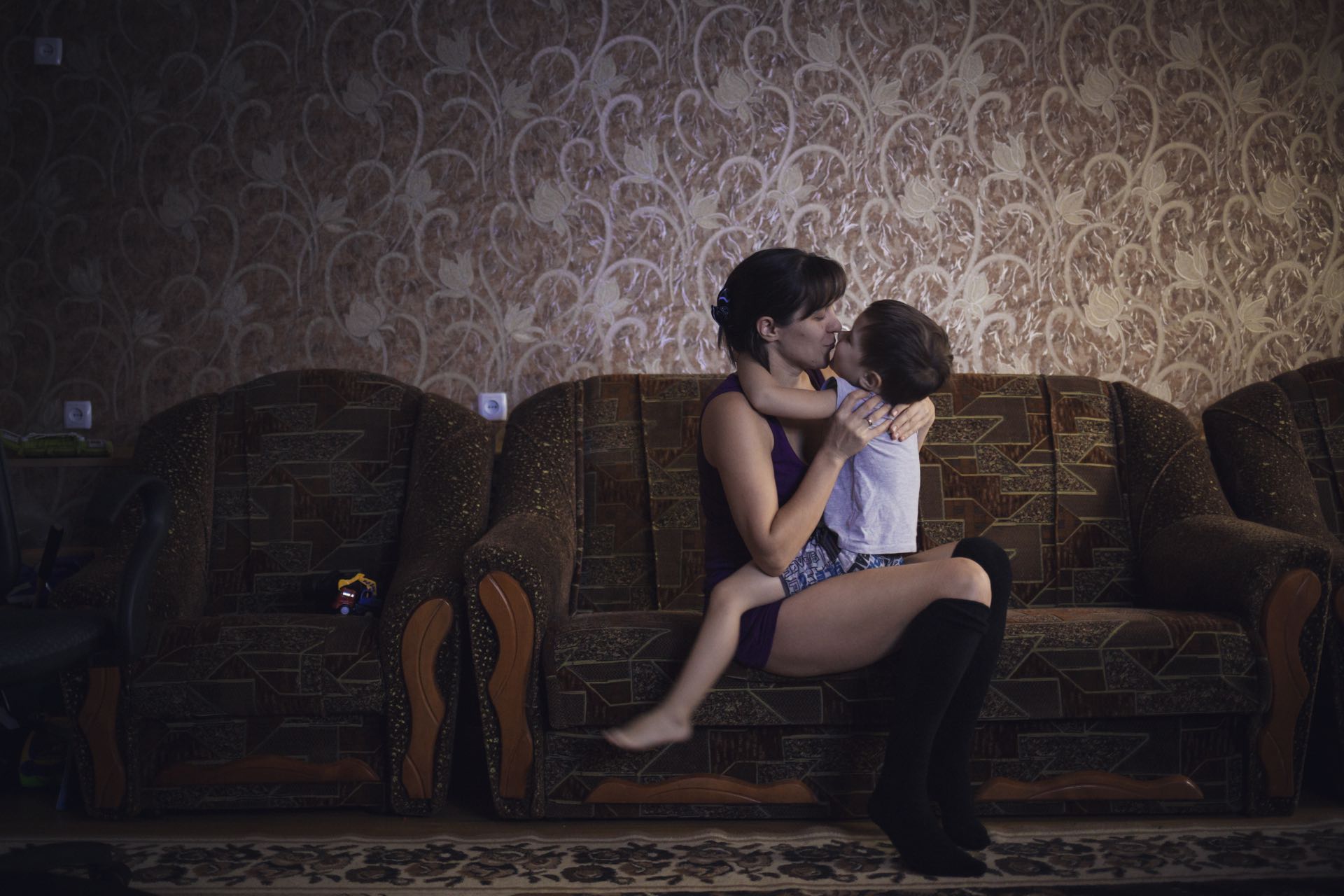
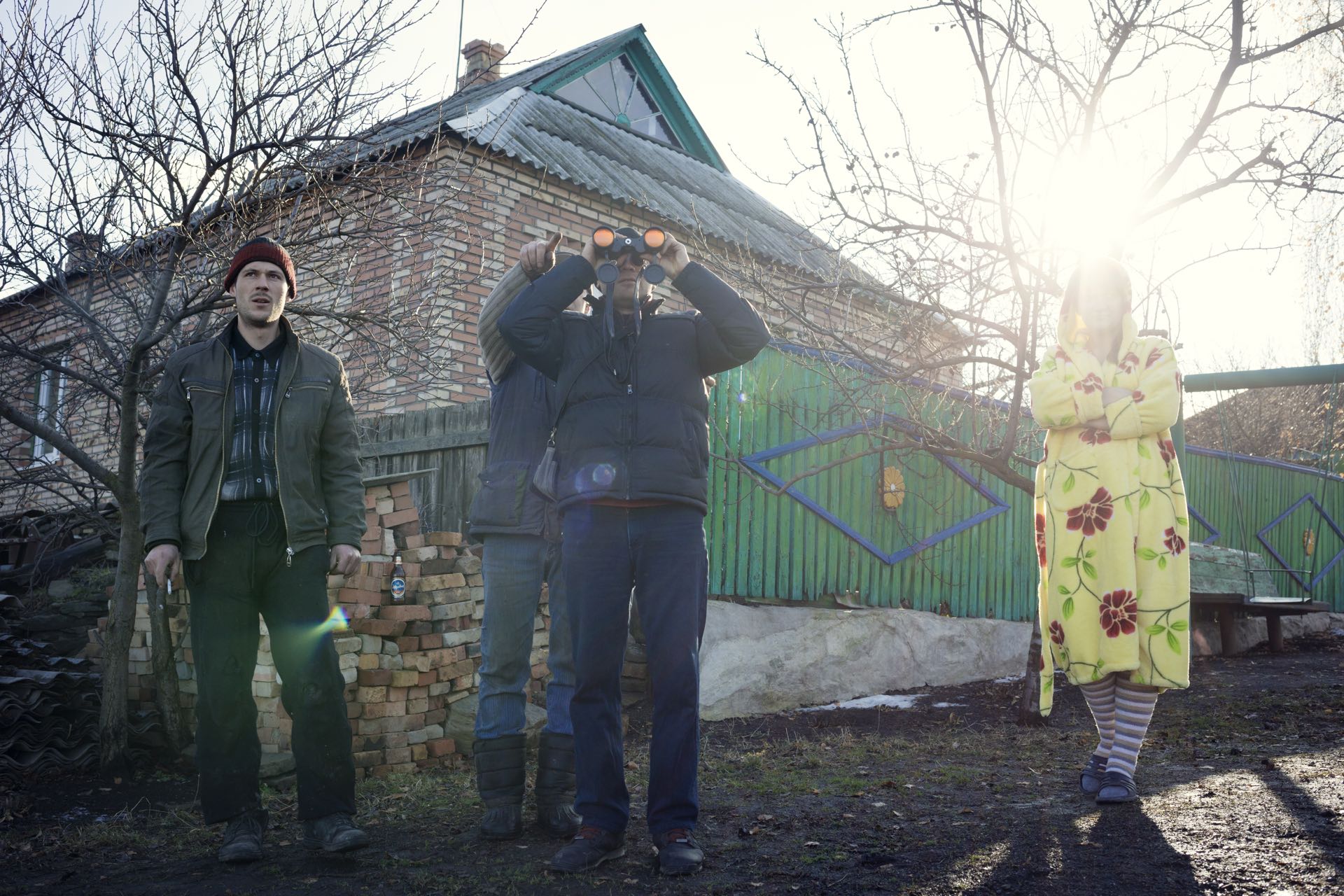

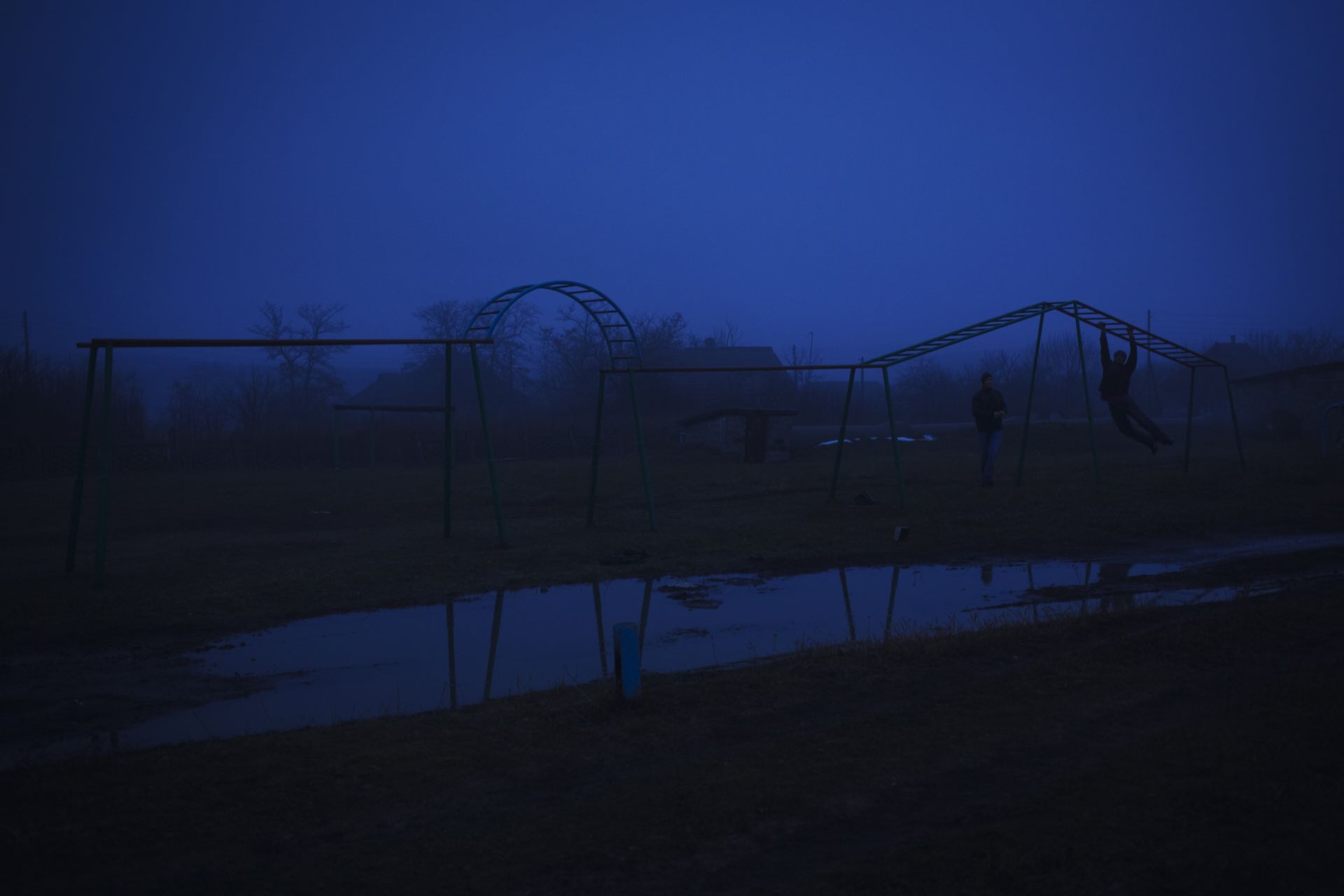
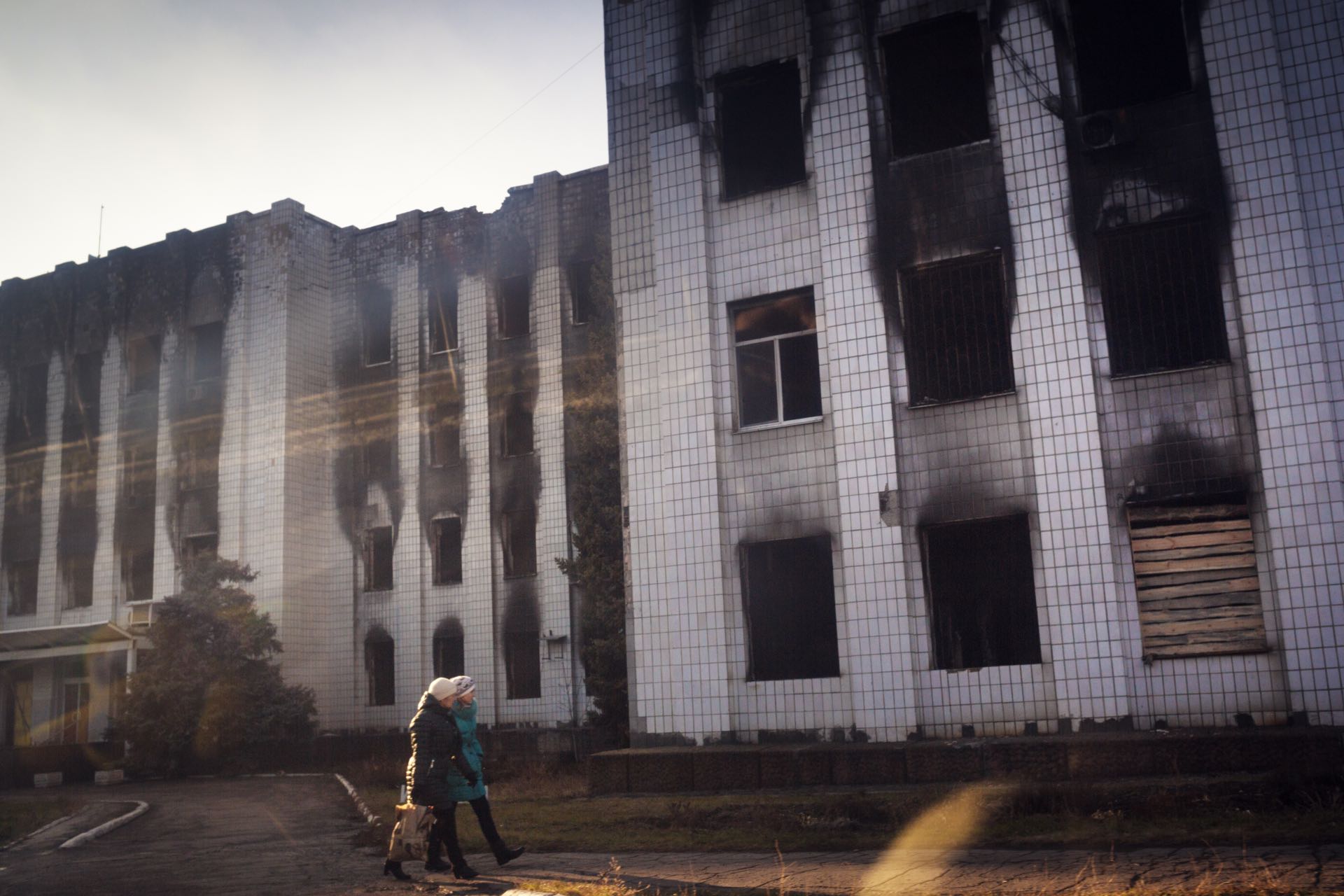

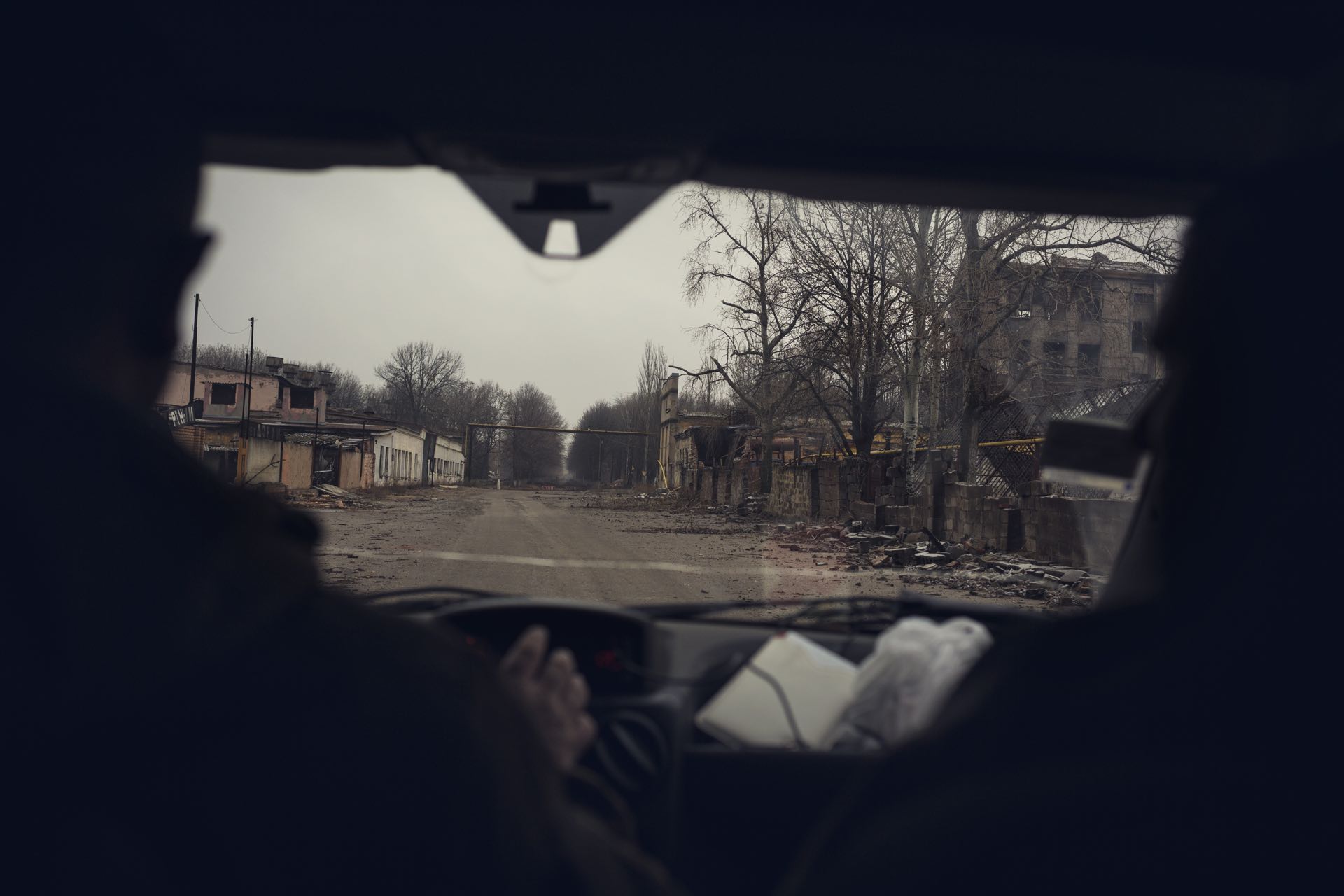
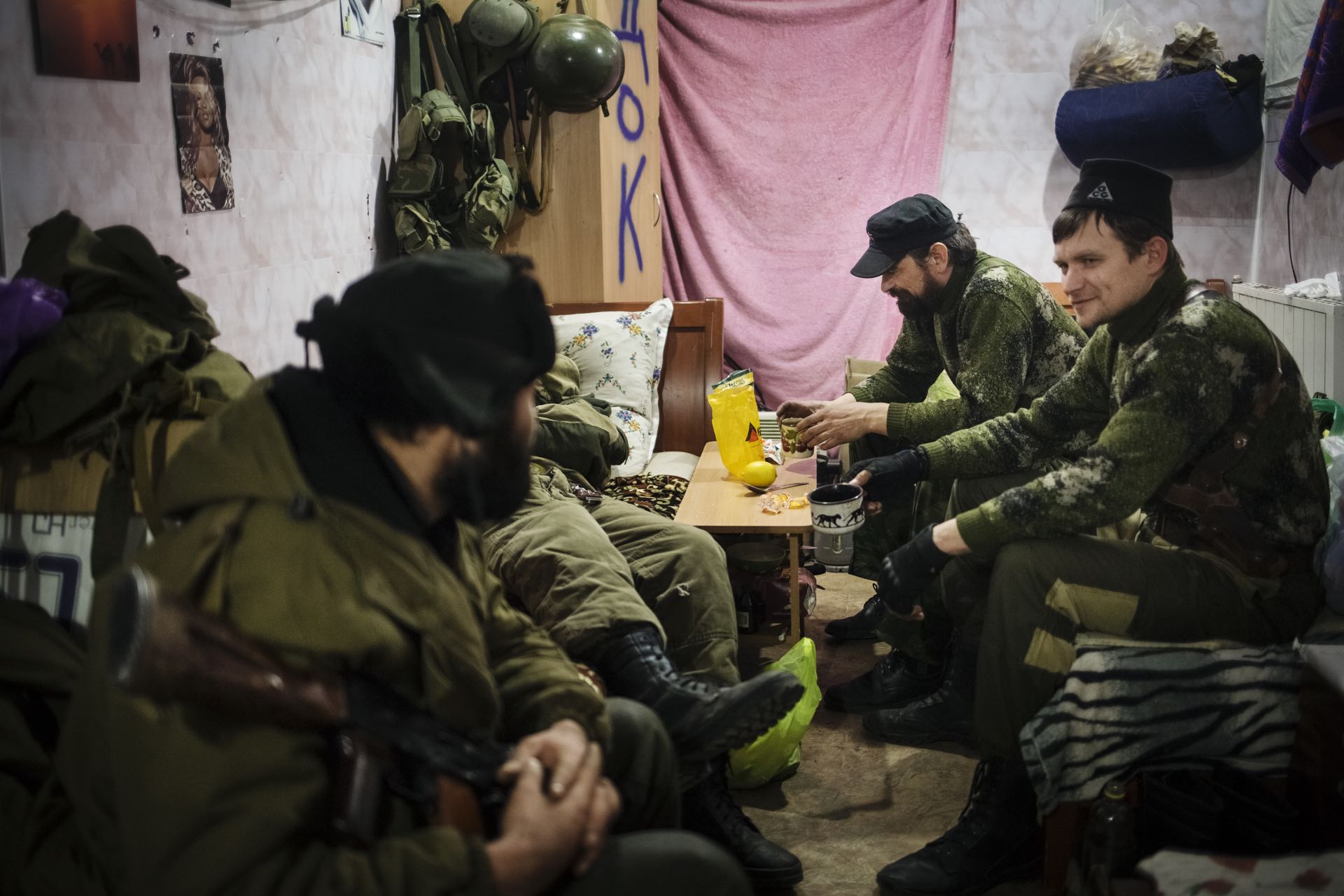
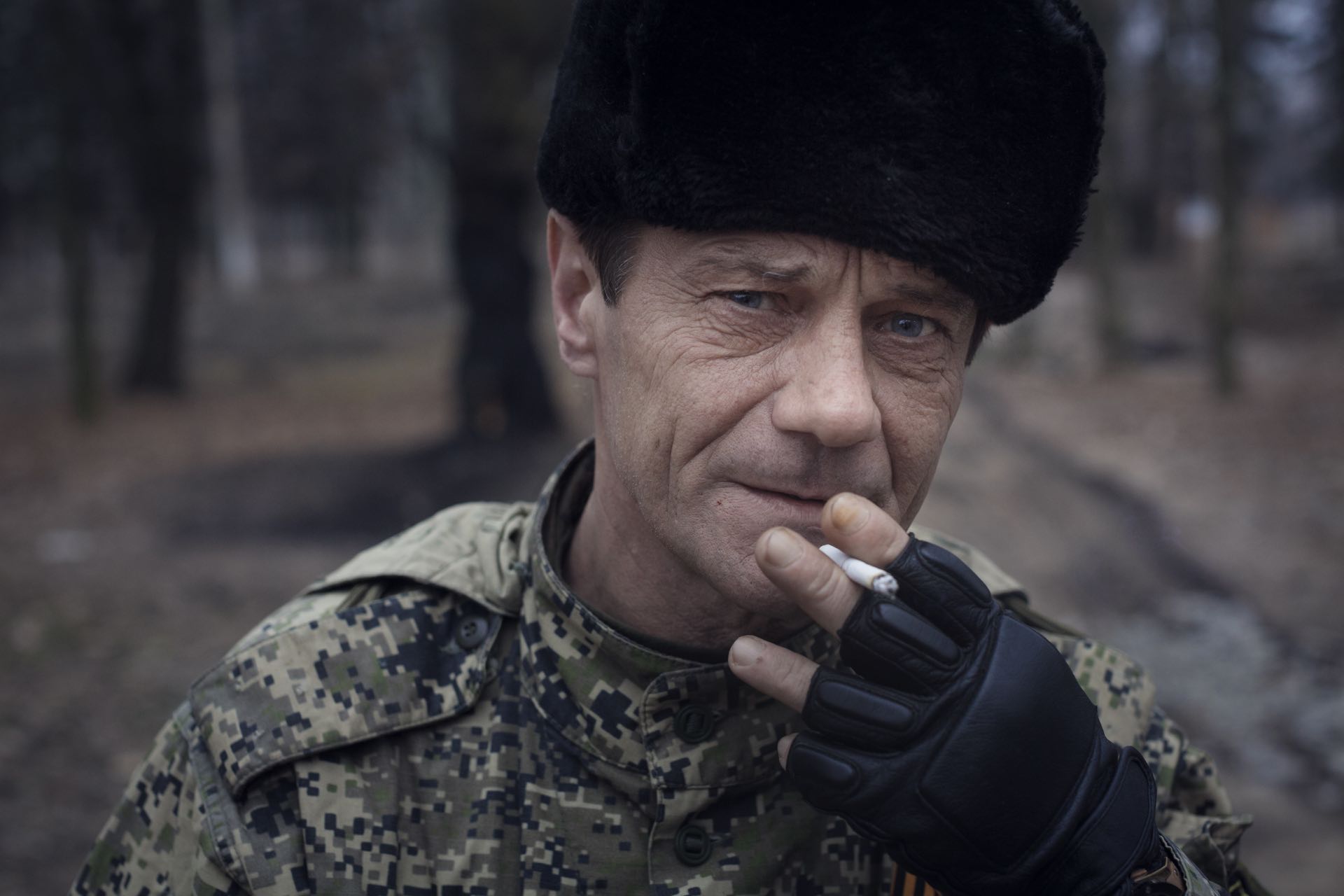
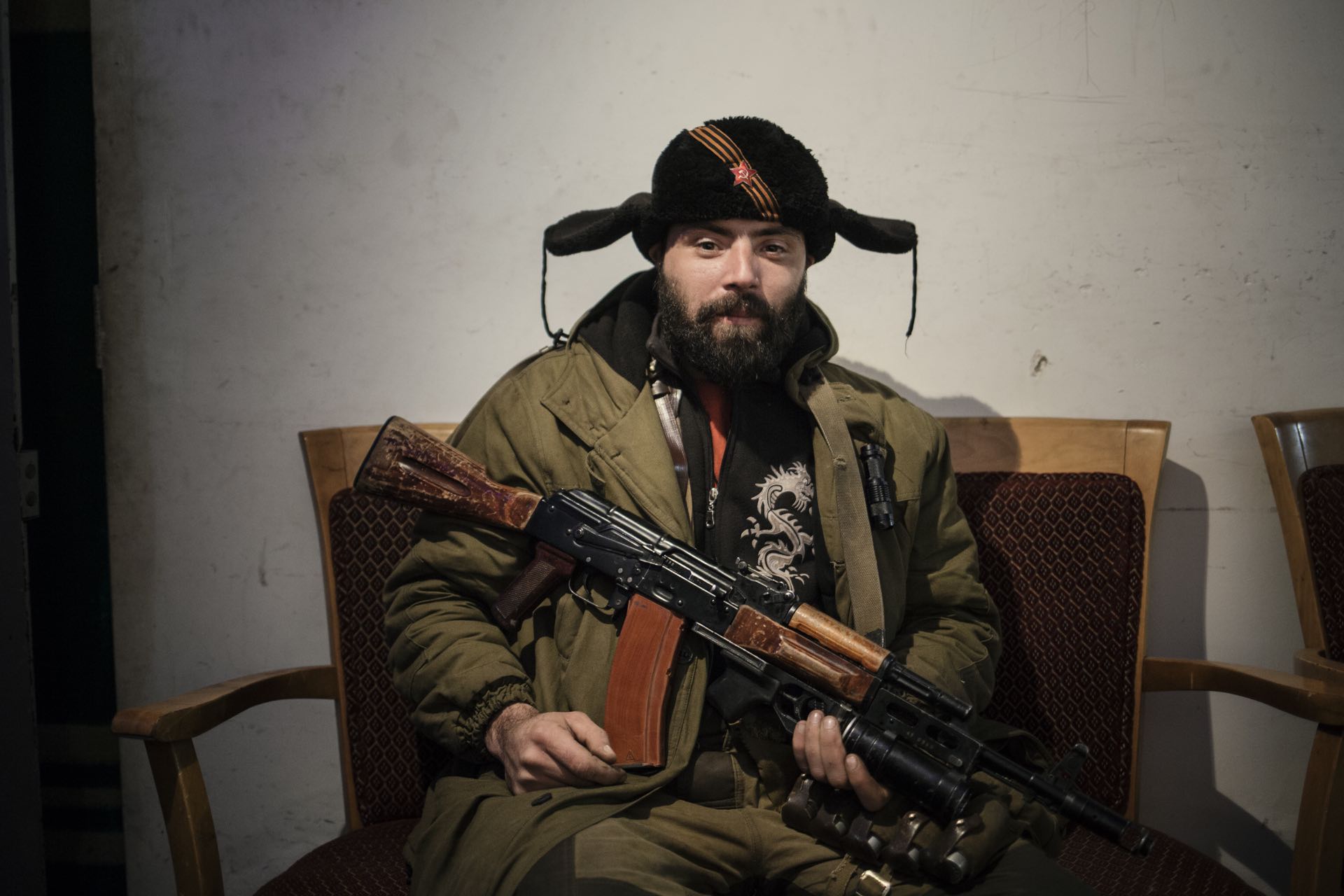

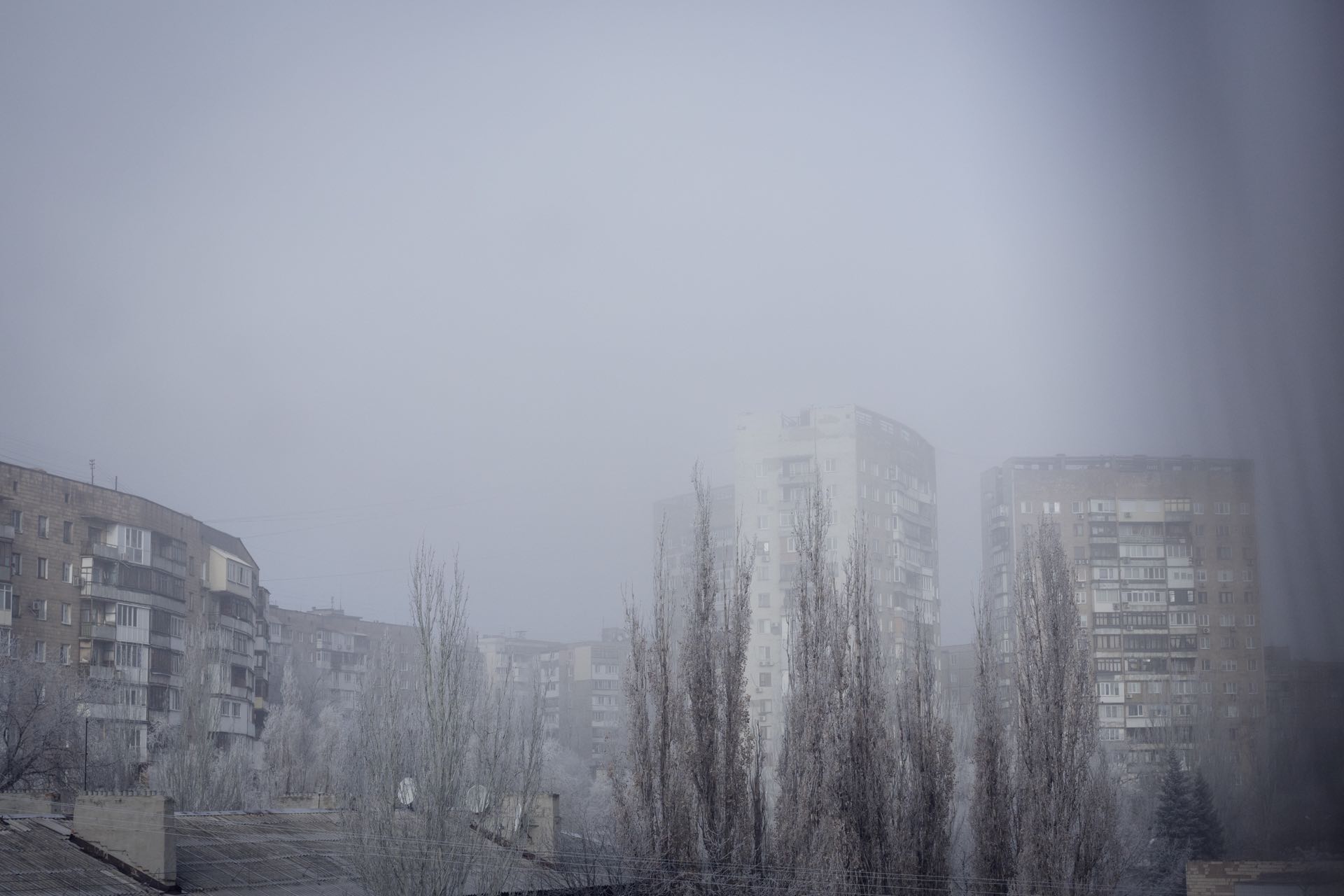 I was also there right after the crash in July. Here is that report.
I was also there right after the crash in July. Here is that report.
 And here can you read the
And here can you read the 